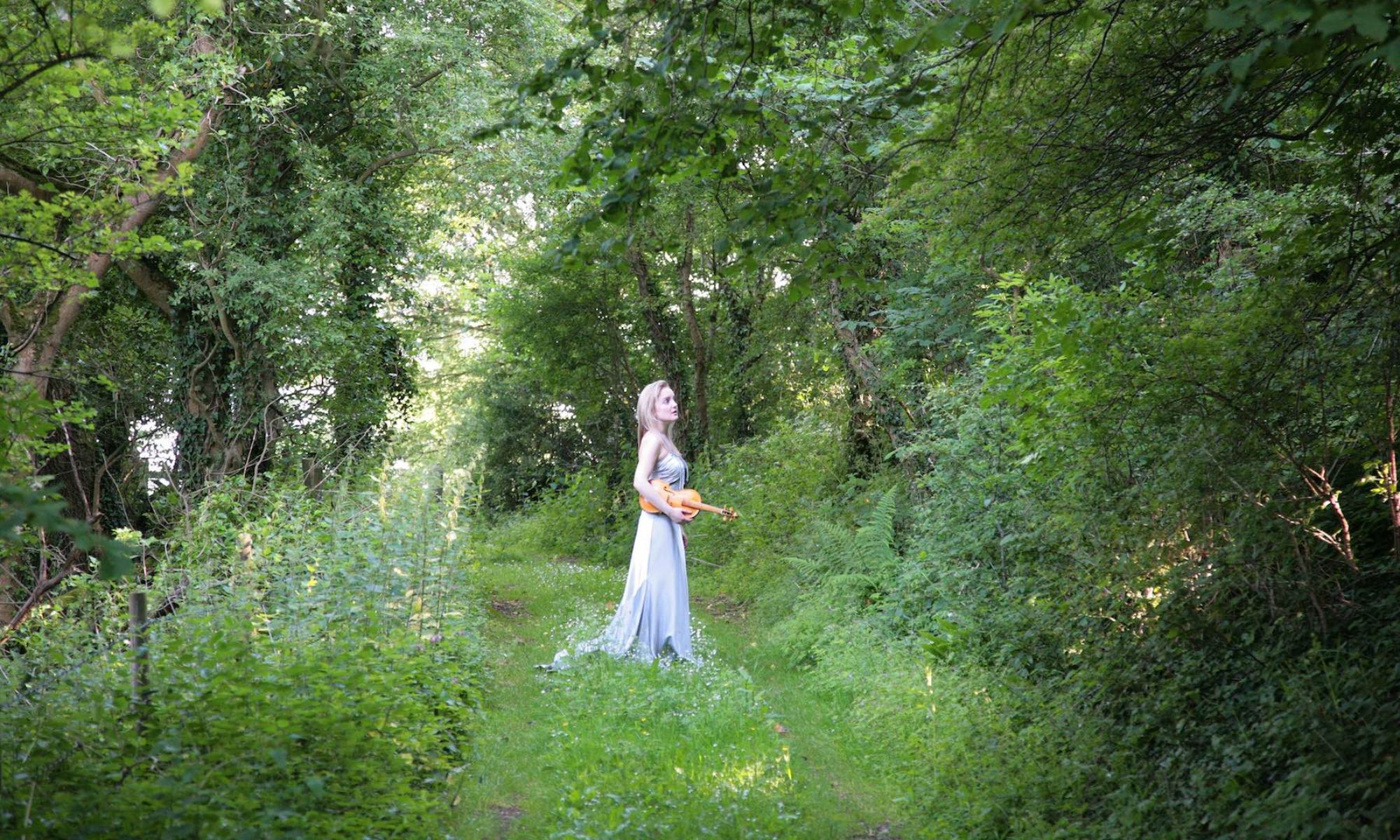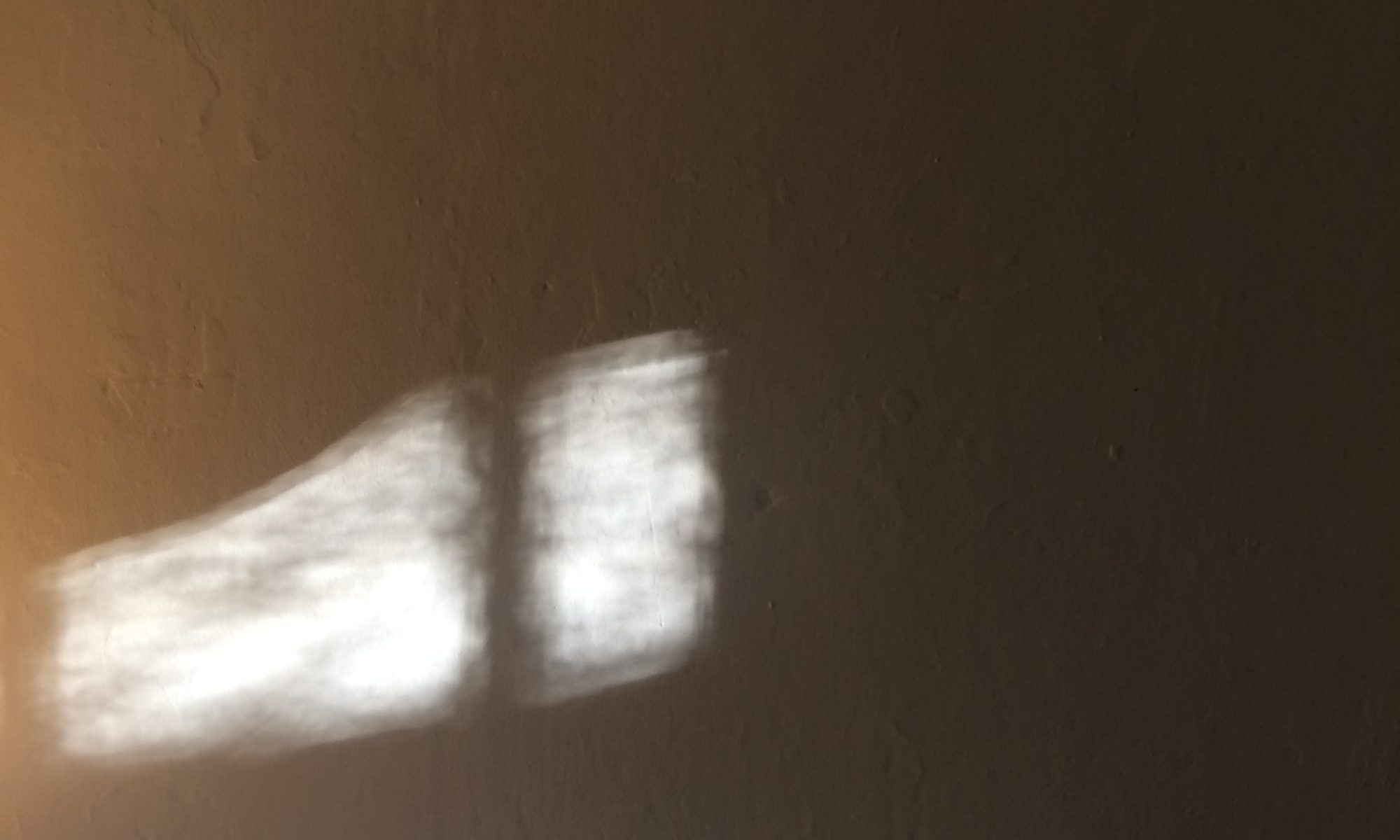Epiphany came a few days ago. It’s a traditional time to take down the Christmas decorations. I’ve been thinking of the work of previous years, when, after putting holly over doorways, I rescued some of the orchard trees from big tangles of ivy, making long garlands to run along curtain poles and around mirrors.
For the first time last year, I noticed, amongst the trees at the bottom of the garden by the stream, some alder twigs that had blown down in the wind, and their pretty bunches of cones at the ends of bare branches looked lovely with ivy symmetrically adorning the top of the dresser. Alder cones have an interesting weight and feel good in the hands as they balance on their branches.
Yet their time in the house came to an end. How I used to cry during this ritual, especially in years when a pretty Christmas tree that had generously given so much joy was brutally sawn up and put on the fire. Now, as well as being firmly in favour of smaller Christmas trees in pots that you just bring in at Christmastime, I thank the temporary decorations from the garden, remembering that living things are both beautiful and mortal. I think of letting go of the previous year and making space for another. And lo, a nice tidy house, suddenly full of space to enjoy!
That newly clear house, filled with the clarity of winter, has its own special atmosphere. I have a childhood memory to do with the end of Christmas, a memory that is more to do with a feeling than with specific events: bright cold sun bringing the anticipation of early spring and snowdrops, feeling a little sad that Christmas was ending, and my mother playing and singing ‘Brightest and best’ with me (a newer tune, by Malcolm Archer) in the sunny music room of the old vicarage in Cornwall we lived in. That’s Epiphany for me. It’s part of Christmas yet separate from it, and worth marking.
I like to keep Christmas going until the bitter end until Epiphany, although the modern secular Christmas often pushes things forward in time. Many of my friends see the New Year as the end of Christmas, time to take down decorations and cards; correspondingly, the Christmas period starts heating up near the beginning of December (even outside of, though surely influenced by, the retail calendar). Advent calendars (although ‘Advent’ often isn’t dignified with a capital A) are popular, not the religious pictures with little windows onto more pictures that we had, but the kind with chocolates or fancy expensive things, even though in the Church Advent is a bit like Lent, a rather bare time with its own music, quite separate from Christmas, when you don’t get to sing the Gloria (because we are waiting for the Lord; he isn’t here yet). Instead of this Christmas that starts early, I have started to like the idea of putting up decorations on Christmas Eve, and making it part of the festivities, although this can get hair-raising as time marches ever onwards and various tasks (preparing food, wrapping presents) pile up. I wouldn’t want to do it much before the Solstice anyway.
There’s nothing wrong with reimagining the traditional timing of Christmas. Epiphany isn’t much of a thing in current English society, and talk of secular versus religious versions of Christmas often descends into that annoying thing where people talk of ‘the true meaning of Christmas’ as though Christians had a monopoly on the idea of a midwinter festival. This is really unfair (I wouldn’t mind having a go at Saturnalia some year) and it’s particularly silly for Christianity to take the victim role given that its powerful position as the privileged religion of rich Western societies and successful world colonialists is the reason Christmas is so widely recognised and celebrated. Celebrate Christmas if you choose to and in the way that you choose; celebrate another festival instead or alongside, or nothing at all.
Yet if you enjoy Christmas, doing something to mark Epiphany can be fun. It can be as simple as making an event out of taking the decorations down, perhaps singing a few songs. Covid wouldn’t allow for much more than that anyway. In pre-pandemic times, there were parties to celebrate. I can think of a lady who invited people she knew over for a reading of Twelfth Night (I don’t know how the part allocation worked and how much say people had in it). Another invited neighbours over for French onion soup. Of course, if you really don’t want to give up the celebrations, there’s Orthodox Christmas on 7 January (technically we’re still in Christmas until Candelmas in February anyway). I think it’s interesting to let Christmas last, if there is a way to do it mid-pandemic. A small celebration, and a thought of leaving things behind and anticipating spring, can only help early January.

